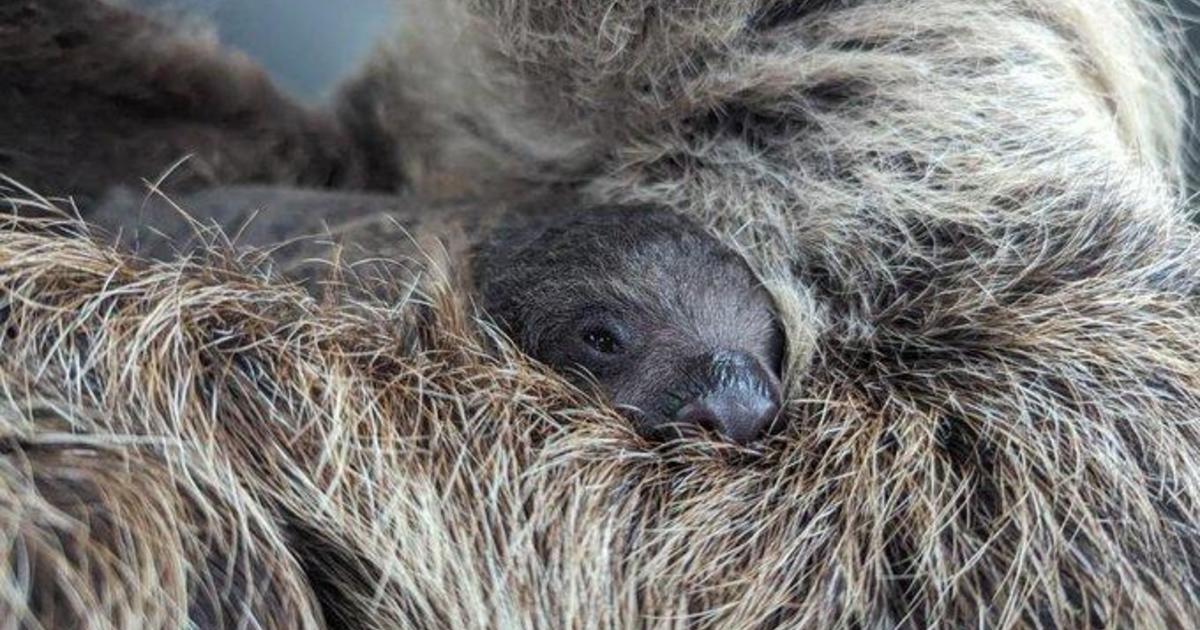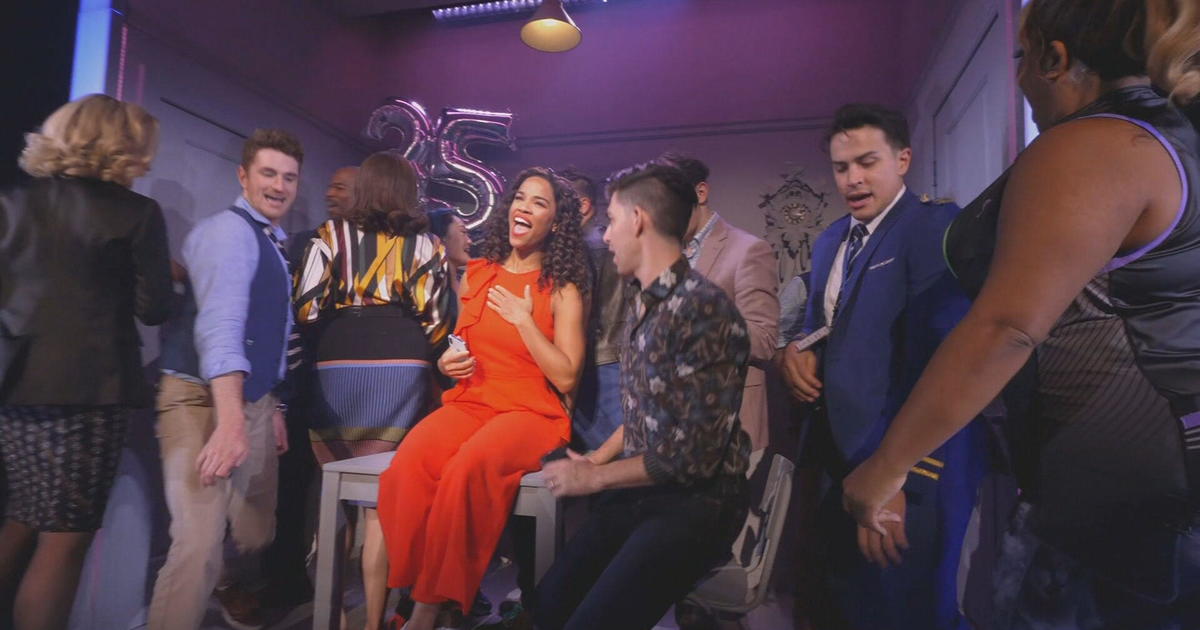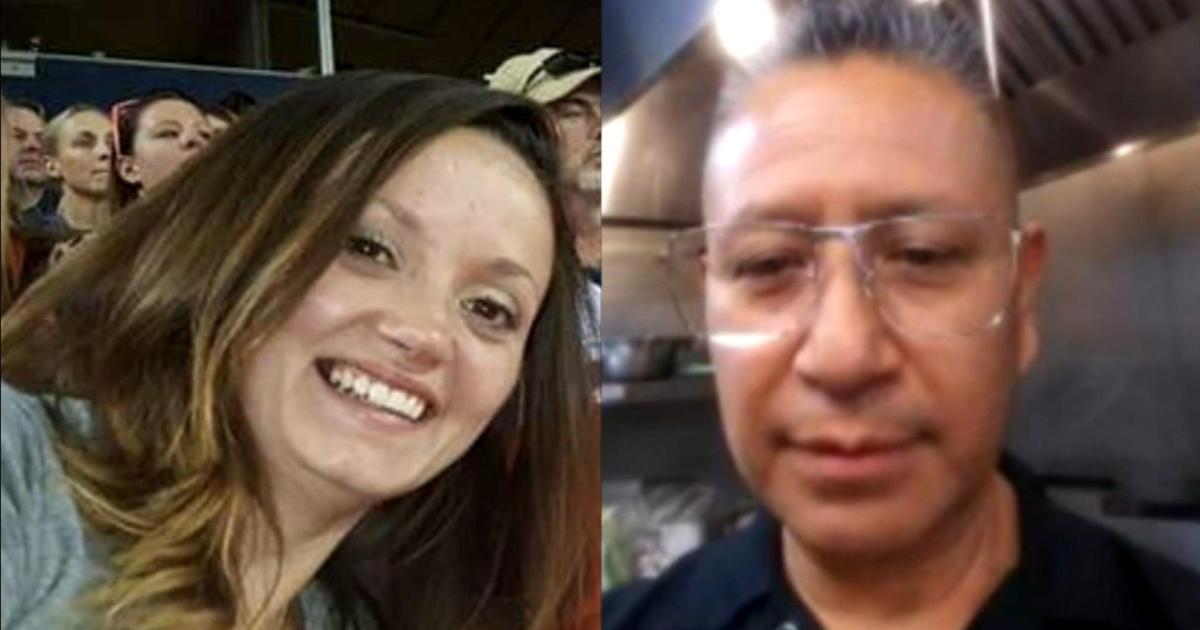Facebook IPO Mostly An Exclusive Club
DENVER (CBS4) - If you're looking for an exclusive club, there are few more limited than the flavor-of-the-month initial public offering club. And Facebook's initial public offering is likely to be a big one.
Over 900 million users and their personal information, likes and friends. It's a treasure trove of information for targeted advertising.
"It's like part of your life. It's like how you stay connected to everybody," said a woman in Denver who called herself a Facebook addict. She would like to own some of the company.
Even a guy CBS4 interviewed who has an MBA in finance said he can't get in. "I don't know about you, but I can't get in because I certainly don't have the connections to get in," he said.
The whole notion of a public offering is somewhat of a misnomer, since the public cannot get its hands on any shares until after the shares have gone out privately.
Facebook may get a little closer with its plan to offer some shares to E-Trade customers. But the average Joe or Jane will probably not be eligible.
There's word of a "suitability test" at E-Trade. Many experts believe that will mean the Facebook IPO will be available only to the biggest E-Trade customers.
"There's a lot of hype around this," said Praxis Advisory Group president Andre Ratkai. No doubt and where's there's hype, there's trouble. "There's an old saying in the business that IPO stands for 'It's probably overpriced,'" said Ratkai.
Ratkai notes that companies go public when they think the stock price will be at its greatest. The latest estimates put Mark Zuckerberg's haul in the IPO at better than $1 billion.
"Initial public offerings tend to cluster in industries that are popular at the moment," said Ratkai. "Whether it was the telecom stocks back in 1999, the Internet stocks back in 1999, energy stocks in 2008."
Ratkai refers to the process as "Part of the genius of investment banking." And investment banks rely on the hype surrounding an IPO to help sell shares.
"The initial public offering will come on the "initial market." Those shares are offered to the best customers of the brokerage houses and investment banks.
"The salespeople will go out to their best clients -- or their biggest clients -- and get those commitments. On the day of the IPO the company, Facebook in this case, will get the cash and those investors will get the shares of Facebook at the IPO price, whatever it happens to be."
Then those investors can turn around and sell the shares on the "secondary market" -- in this case the NASDAQ, where the rest of us can buy them.
And that is the problem for most investors. Supply and demand takes over.
The more hype, the more the demand, and the faster the stock shoots up.
RELATED CBS4 REPORT: Facebook Execs Could Be Headed To Denver To Recruit Possible Investors
"By getting in at the point of maximum euphoria, the odds are very good that you will not make money at least in the near term," said Ratkai.
That's because in many IPOs the price falls out within minutes, as it has with many other tech IPOs.
"LinkedIn was probably the best known of them ... Those shares skyrocketed on Day 1 and actually they have not seen that high price since the initial public offering."
Same for Groupon. Same for a lot of others.
Of course, there's always Google. It started strong on the public markets in 2004 and those who hung in there are doing just fine.
But it's a rough ride, and Ratkai counsels against the gamble on an IPO.
"The savvy investor will tend to wait for the hype to die down and then buy."




